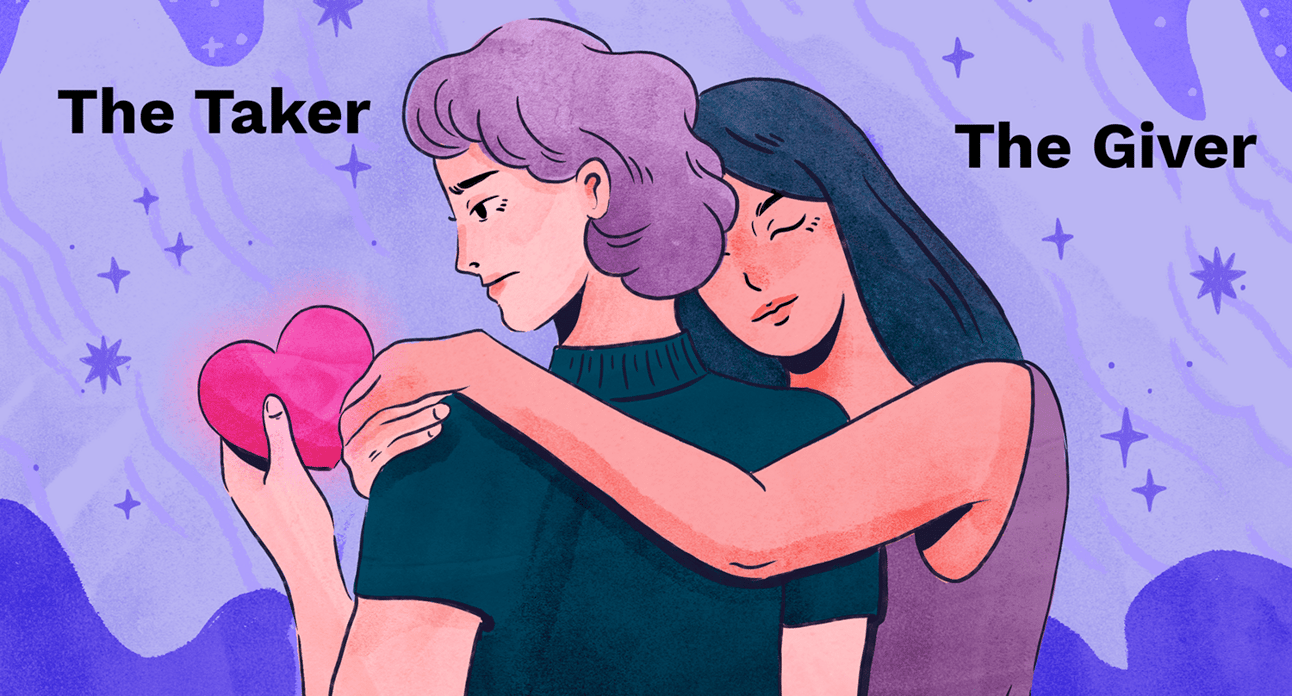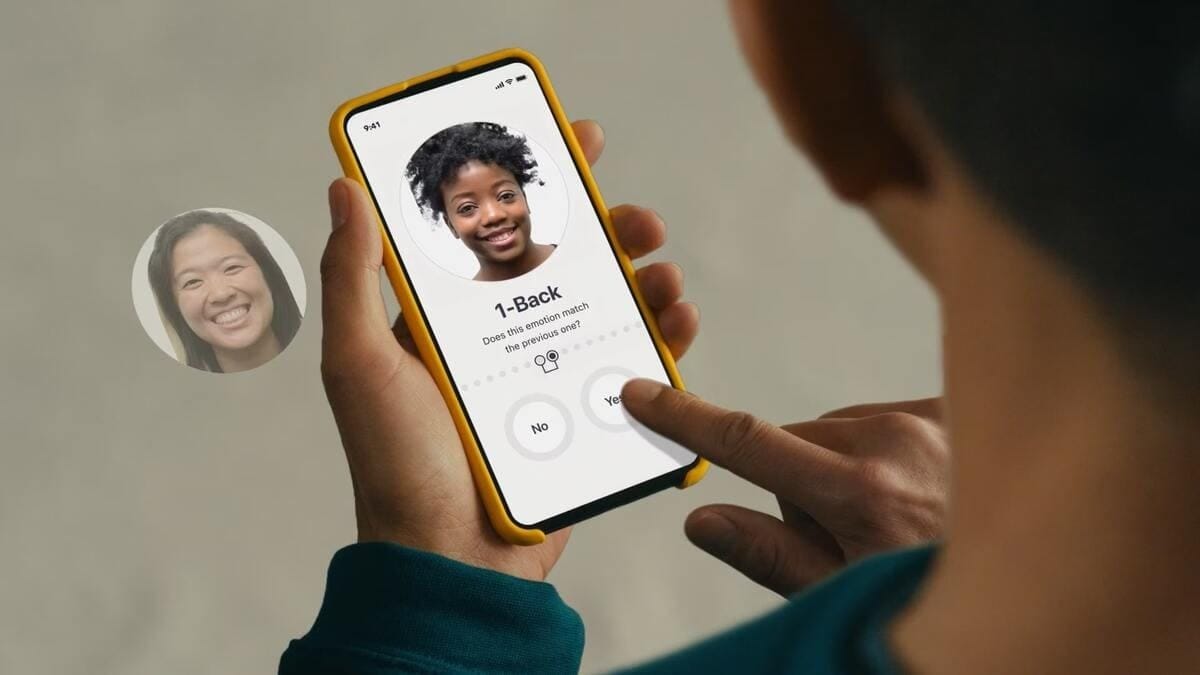- Untapped Newsletter
- Posts
- Disentangle somatic dependency.
Disentangle somatic dependency.
From dysregulation to digiceuticals.
Sourcing your own connection.
We’ve all been there — tender moments where we self-protect, retreat, or flee to self-regulate from an overwhelming emotional flood where our biology has hijacked our executive function.
We may be aware enough to know we’re on the brink of losing ourselves or making bad decisions, yet our biology overrides these moments with a desire to attach or bond.
Is there a space between “falling head over heels” and “running away to self-protect” that can better train our biology to confront matters of the heart with a sense of self-authored strength and emotional sovereignty?
Today’s post looks at:
INSIGHT: an unmet need right now
a need to train our tendency to dysregulate in pair bonding
INSPIRATION: an existing service in the market
a digital reset for depression using neurofeedback micro-interventions
INNOVATION: my new creation/invention that meets this need
a digiceutical for heartbreak, trauma bonding, and over-attachment
Take a 5 Minute Break…
INSIGHT (what we need)
Train your emotional attachment tendency towards more sovereignty.
There’s no real pill for heartbreak — or unhealthy attachments or relational codependency. When our nervous systems get dysregulated or off-kilter from an emotional experience, we often “lose ourselves”, or the ability for our executive function to…well…function.
In fact, nervous system dysregulation in general is typically at the center of many chronic diseases, often caused by relational struggles or emotional flooding that hijacks our ability to know where ‘we end and someone begins.’ Irrespective of the bond in question, humans naturally co-regulate when in each others’ presence. In moments of intimacy, this coregulation takes on greater amplification — and if one has lost the ability to self-regulate when things get overly attached — emotions run, nervous systems get out of whack, and we often need space to reclaim our autonomy.
In the past, I’ve tried to head to the gym when I’ve suffered matters of the heart or can’t seem to come down from a wired entanglement. Some times this works, but not when things get really intense. It’s near impossible to go and lift some weights to reset. Thankfully, there is a new horizon of digital health interventions that might be the bridge from that moment of getting carried away, to finding oneself’s center again, swiftly.
A quiet revolution is unfolding in the form of digiceuticals — evidence-based digital therapeutics designed to treat, regulate, or train the nervous system, cognition, and emotional resilience through your phone or wearable. Most people still think of digital health as step counters, meditation apps, or telehealth consults. Unlike generic wellness apps, digiceuticals are clinically validated interventions delivered via software, and often prescribed or integrated into formal health systems. We’re entering a frontier where your device isn’t a distraction — it’s a form of medicine.
Already, researchers are exploring digiceuticals for chronic pain, PTSD, depression, insomnia, ADHD, and anxiety. Digital interventions like VR-based exposure therapy, biofeedback training, and neuromodulatory soundscapes have shown real, replicable results in clinical trials (Journal of Medical Internet Research). They work by directly influencing brainwave patterns, autonomic nervous system activity, and neurochemical states — without pharmaceuticals — or in conjuction with prescribed microdosing.
Why is this a big deal?
Because nervous system dysregulation sits at the root of nearly every chronic health condition, trauma pattern, and attachment wound. Digiceuticals allow you to retrain your physiological baseline — helping regulate heart rate variability, reduce limbic reactivity, and reinforce embodied safety cues.
Evidence-based reasons why they matter:
Improved HRV and vagal tone through biofeedback protocols.
Reduction in rumination and hypervigilance via EEG-based interventions.
Enhanced neuroplasticity through VR-assisted emotional processing.
Sustained regulation of mood states via targeted sound and breath training apps.
Non-pharmacological, on-demand access to therapeutic relief and resilience-building.
The future of self-regulation won’t just be on the mat or the therapist’s couch — it’ll be calibrated through intelligent, adaptive digiceuticals designed for your most tender, unguarded moments.
How might we design a digiceutical to better train our sense of autonomy so that we can practice healthy attachment in relationships or moments of intimacy?
INSPIRATION (what i want)
Rejoyn: tap into your brain’s power to take on depression symptoms.
One of the most exciting examples in this space of digiceuticals is Rejoyn, an FDA-cleared app-based treatment for Major Depressive Disorder (MDD). It represents what the next generation of mental health care could look like: personalized, accessible, and integrated into your daily life.
Clinically validated program proven to reduce depression symptoms in peer-reviewed trials.
Uses proprietary cognitive-emotional training protocols to retrain maladaptive brain pathways.
Integrates mindfulness, mood tracking, and neurofeedback-inspired exercises in a seamless interface.
No medication side effects, no in-person appointments required.
Empowers users to reclaim agency over their mental health through daily micro-interventions.
Rejoyn a proof-of-concept for how well-designed digiceuticals can treat — and teach — new states of nervous system regulation.
INNOVATION (what i wish for)

“Sovereign” (Mock Idea)
Sovereign: a digiceutical for emotional autonomy and healthy attachment.
Most tech conditions us with distracting entertainment that numbs, addicts, or self-soothes. But what if you had a tool designed to help you unattach — without disconnecting?
Sovereign is a concept for a new kind of digiceutical: one that retrains the psychosomatic imprints left by heartbreak, trauma bonding, and codependent attachments — restoring your ability to connect without losing yourself.
Here’s what happens in the body when attachment wounds form:
When we become emotionally fused to someone — whether through love, dependency, or trauma — the body encodes that connection through a network of physiological responses: increased cortisol, reduced heart rate variability, constricted breath patterns, and hypervigilant neural pathways attuned to the other person’s presence or absence.
These attachment loops bypass cognition and are stored somatically in the nervous system, creating a felt sense of threat or emptiness when separation occurs. It’s why heartbreak physically hurts, and why we repeat patterns even when we know better.
Sovereign would offer an antidote.
How it works:
Nervous system mapping to identify your personal attachment-triggered patterns (breath, HRV, micro-tension, and emotional signature mapping).
Regulation protocols using adaptive breathwork, HRV biofeedback, and vagus nerve stimulation soundtracks during peak moments of longing or emotional flooding.
Somatic boundary training — gentle practices that rebuild the felt sense of where you end and others begin, without numbing empathy or warmth.
Relational resilience drills that expose you to micro-doses of detachment experiences while keeping your system in a regulated, open-hearted state.
Positive affect training to rebuild a sense of embodied joy, pleasure, and independence from another’s nervous system.
Guided visualization + neuroplasticity-based exercises to rewire attachment narratives in the body and brain.
Why this matters:
Because healing attachment wounds isn’t about becoming avoidant or emotionally sterile — it’s about restoring sovereign connection: the ability to love and attach without fusing or abandoning yourself.
A digiceutical like Sovereign would empower people to unattach with compassion — maintaining warmth, empathy, and relational care while disentangling somatic dependency.
It’s emotional independence, trained at the level where it’s actually stored: the nervous system.
The ability to be present with another without losing yourself is the foundation of true intimacy.

Are you a founder or business leader who needs to quickly align on strategy, design from insight, or innovate a wellness solution?
Design sprints:
🔍 discover an inobvious insight
🎨 design a unique solution
🚀 launch with starter assets
Coaching sprints:
💎 clarity on your direction
🌊 consistency with your practice
🎯 accountability on your momentum


Reply